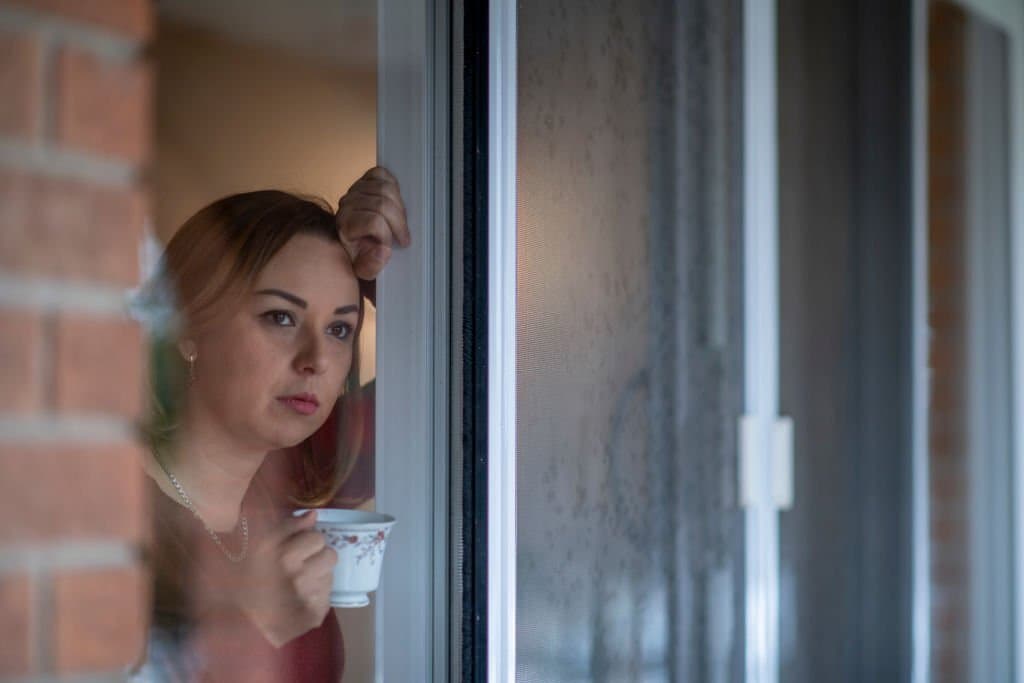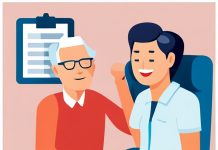Contrary to popular opinion, depression is more than simple unhappiness. Clinical depression is a complex mood disorder that cannot be attributed to just one thing. It can occur due to a stressful life event, physical illness, genetic predisposition, and more.
Understanding the common signs and symptoms of depression is critical because it’s an illness that needs treatment. Your doctor’s medical practice might use a medical virtual assistant that will help them set up an appointment for you with a specialist who will help you understand the available treatment options.
Find out more about some of the common depression signs to watch out for. Note that the symptoms can be different between people and may persist for weeks or even months.
Table of Contents
Lost Hope

Clinical depression is a mood disorder that affects how someone feels about life in general. You can experience continuous sadness or low mood, cry often, lack motivation, and have suicidal thoughts all at the same time.
In some cases, you may experience inappropriate guilt, worthlessness, or self-hate. A depressed person may also vocalize their thoughts of depression and may feel hopeless or responsible for their illness.
Excessive feelings of worthlessness and guilt can also lead to delusion. You may end up not viewing things for what they are and may end up with false beliefs.
Withdrawal From Interests and Hobbies
Another common sign of depression is a loss of interest in activities you once loved. For example, you may dread waking up in the morning to go to work and call in sick often. You might also lose interest in your favorite hobbies like playing your favorite sports or going to the gym.
Excessive Fatigue
Major depressive disorder and persistent depressive disorder can lead to fatigue. You may end up feeling tired most of the time, which can affect your ability to function. Things like tending to housework or driving kids to school may feel overwhelming.
Sleep Problems
Frequent sleep problems and increased fatigue are tell-tale signs of a depressed person. In fact, 90% of people with depression experience sleep disturbances, which can be in the form of hypersomnia/sleeping excessively or insomnia/difficulty sleeping.
Depression is associated with a lack of energy, and you may feel tired and unmotivated, leading to difficulty in sleeping. Insomnia can worsen other symptoms like anxiety. Additionally, some people also sleep excessively due to fatigue.
Changes in Appetite and Weight
You may experience a loss of appetite if food has lost its appeal, or in some cases, you may not have the energy to prepare meals.
Additionally, a depressed person can also start overeating to suppress feelings of worthlessness or sadness. You may end up using food as a coping mechanism to elevate your mood.
A study done on thousands of men and women over a period of 11 years revealed that those with a change in their weight reported feelings of depression and had a higher chance of being diagnosed as obese.
Problems in Concentrating and Making Decisions
People with depression may have difficulty concentrating and making decisions. It’s a common symptom in both persistent and major depressive disorders.
The problem is common in older adults diagnosed with depression. Some may attribute their inability to think clearly to cognitive decline.
Recurrent Suicidal Thoughts
A person suffering from a major depressive disorder may experience recurrent suicidal thoughts and may create a plan to harm themselves or attempt suicide.
Statistics by the Centers for Disease Control and Prevention reveal that 42,000 people died from suicide in the U.S. in 2013.
Psychomotor Retardation or Agitation
Psychomotor skills play a role in how you think and move. That can include coordination and balance when doing different things.
A common symptom of depression is psychomotor agitation. That is when there is excessive motor activity due to increased tension or restlessness. You may end up fidgeting, find it difficult to sit still, or may end up pacing around.
Conversely, someone with depression may experience psychomotor agitation, which involves slowed body movements, speech, and thinking.
How Is Depression Diagnosed and Treated?
Clinical depression has no specific test that your physician can use to determine if you have it or not. The only way to diagnose depression is through a thorough physical exam and understanding your history.
The doctor will ask when your symptoms started, the severity, and how long the symptoms have lasted. She will also ask if your family has a history of depression or any other mental health problem in your family.
When it comes to treatment, your doctor may refer you to a mental health professional or start you on treatment if he rules out a physical cause for your depressive symptoms. Psychotherapy or antidepressants may be prescribed. In some cases, the doctor may recommend both options.
Final Thoughts
Depression is not something you “get over,” but there are many treatment options available. If you’re experiencing symptoms like difficulty concentrating, feelings of guilt, hopelessness, anxiety, sleep disturbances, or suicidal thoughts, you need to seek medical attention.
Sometimes depression can come on gradually, which can make it challenging to notice if something is wrong. You should consult your doctor if you experience these symptoms for most of the day for over two weeks. The doctor will carry out a diagnosis and decide on the best treatment measures.




